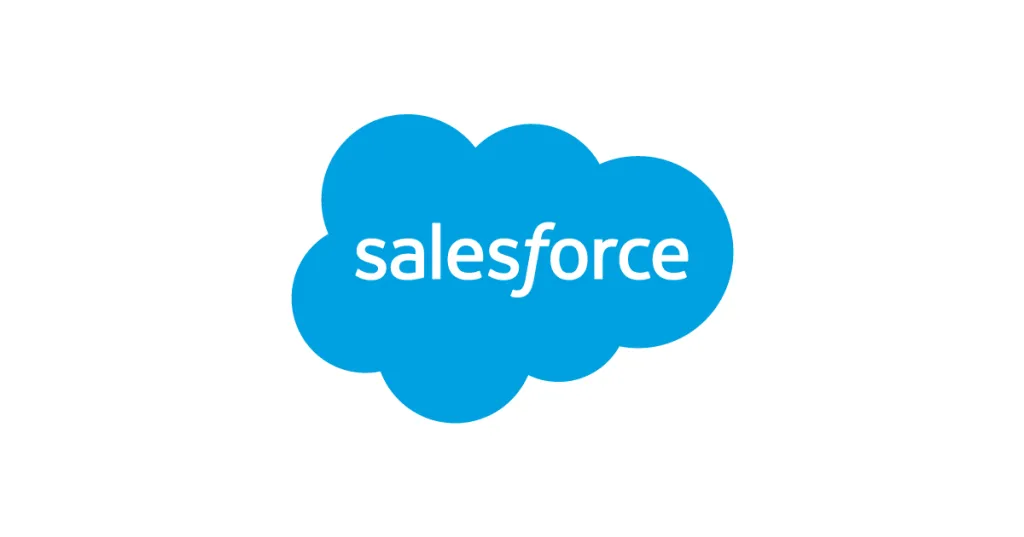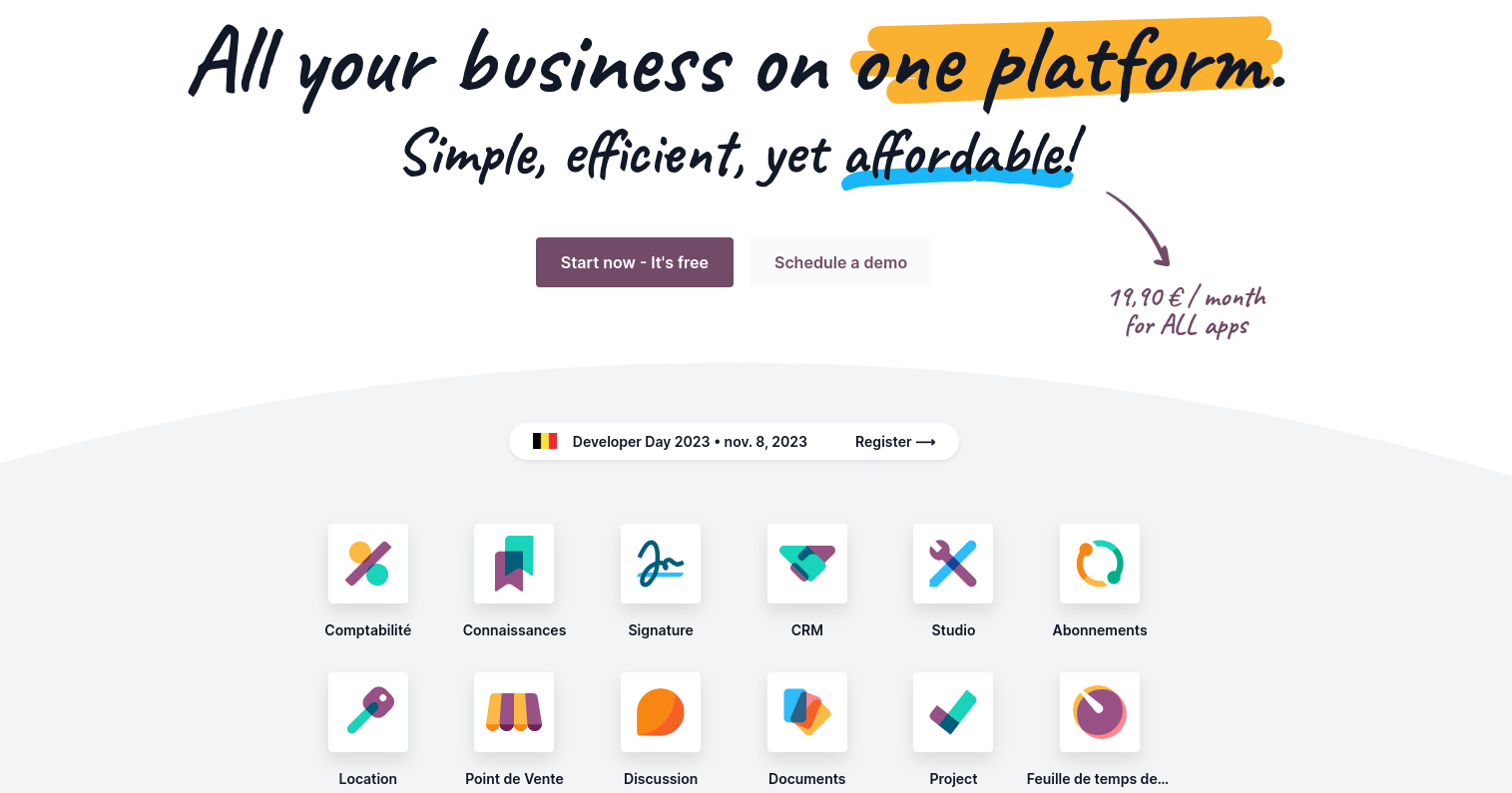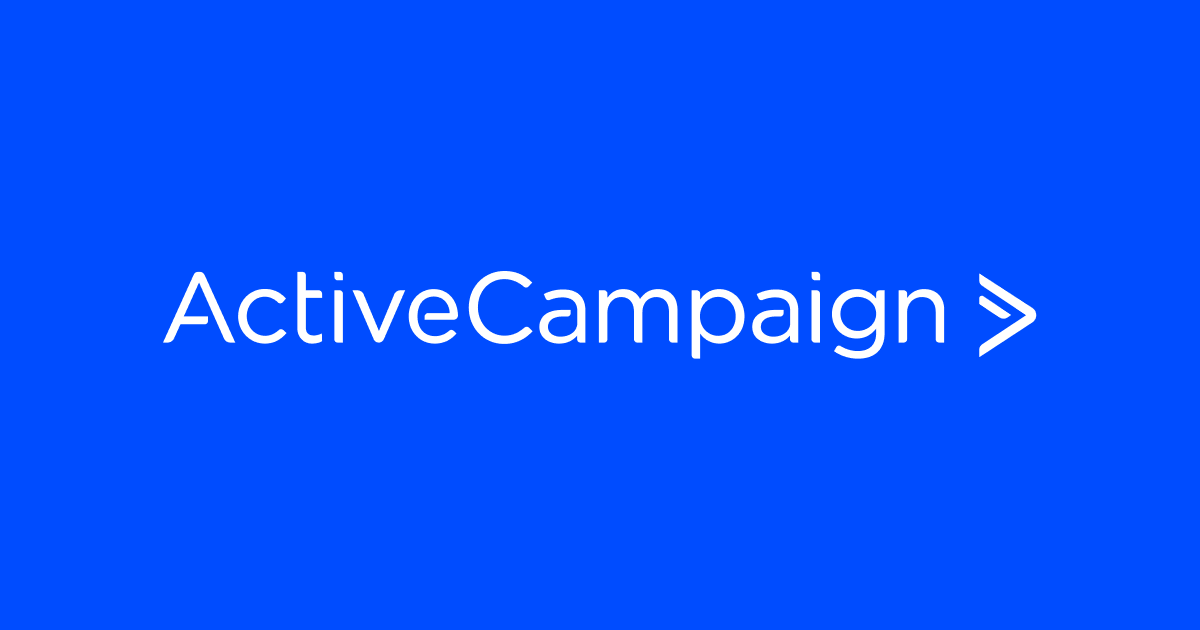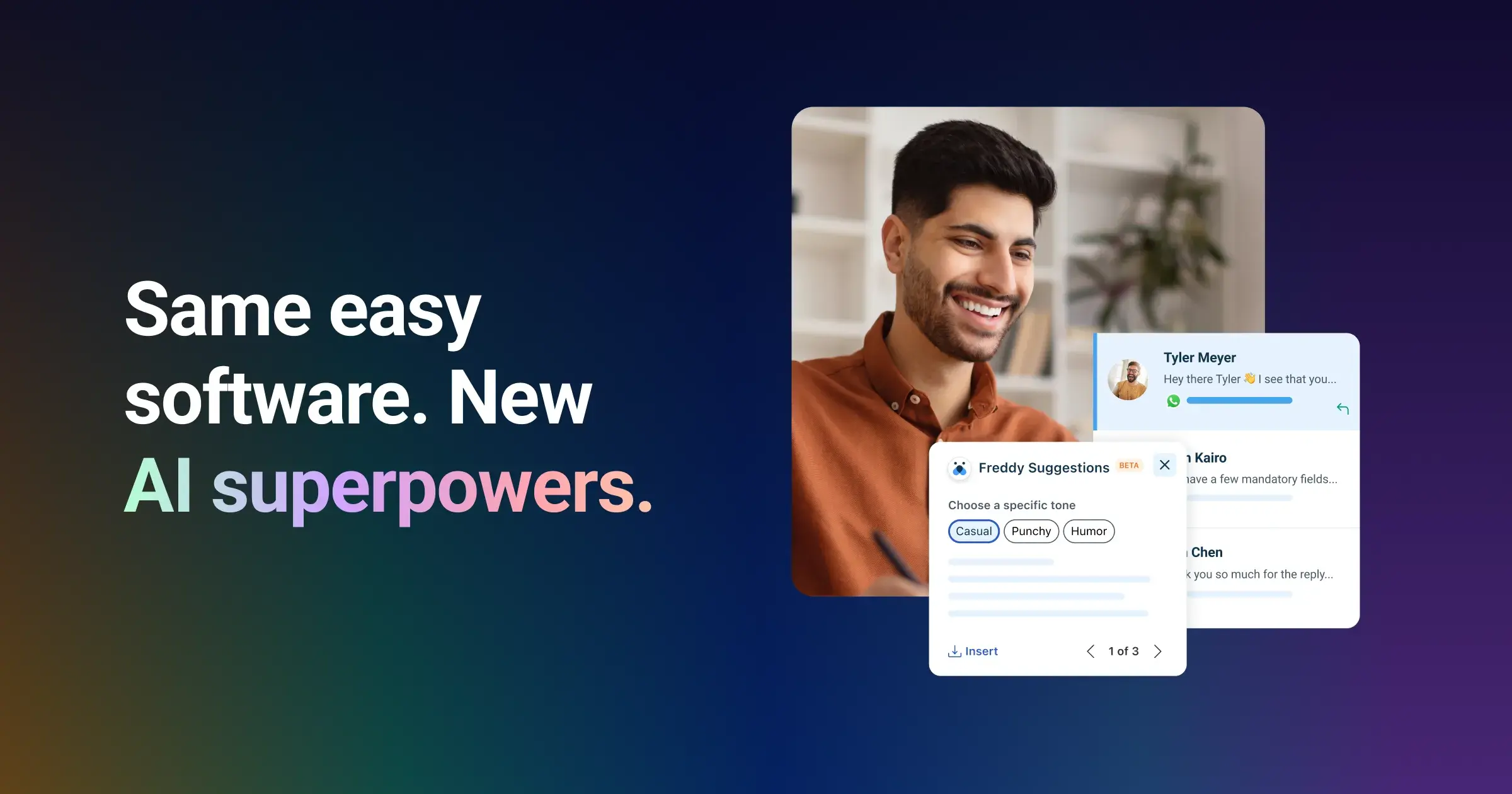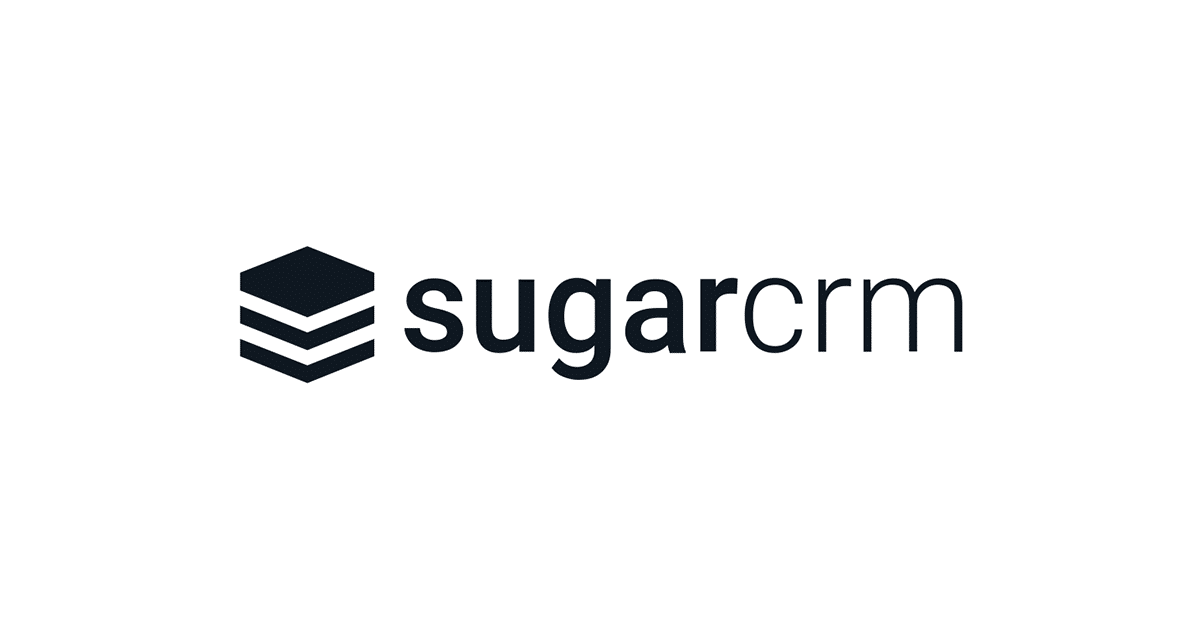Introduction
Effective contact management is crucial for any business that interacts with customers, prospects or clients on a regular basis. Whether you’re a solopreneur, a small startup or an established enterprise, being able to track, organize and engage your contacts is key to driving sales, providing great service and strengthening relationships. However, with so many contact management software options on the market, it can be difficult to determine the best fit for your unique needs and budget. In this blog post, we evaluate 15 of the top contact management software based on features, pricing, support and other criteria to help you find the ideal solution to take your business to the next level in 2023.
Methods of Evaluation
To determine the best contact management software, we evaluated each option based on the following conventional criteria: features and functionality, pricing and plans, support and customer service, ease of use and integration/customization capabilities. We also factored in more modern ranking signals like the number of backlinks, average monthly organic traffic and keyword search trends to gauge overall market dominance and popularity for each vendor. This holistic evaluation approach helps provide a well-rounded perspective on how each software compares and which may be the best overall fit.
1. Mailchimp
Mailchimp is a leading email marketing and automation platform. Originally launched in 2001 as a simple email newsletter creation tool, Mailchimp has evolved into a powerful all-in-one marketing platform used by millions of businesses worldwide. Based in Atlanta, Georgia, Mailchimp focuses on making marketing easy and accessible for small businesses through intuitive tools and free basic accounts.
Pros: Some key advantages of Mailchimp include:
– Market-leading email marketing tools with intelligent features
– Integrated contacts and CRM functionality to manage leads and customers
– Powerful automation capabilities for complex multi-step workflows
– Intuitive drag-and-drop interfaces make it easy for non-tech users
Cons: A potential disadvantage is that Mailchimp is best suited for small to medium sized businesses – the plans and features may not fully support the needs of very large enterprises.
Pricing: Mailchimp offers both free and paid plans. The free ‘Essential’ plan allows sending to up to 2000 subscribers. Paid ‘Marketing’ plans starting at $9.99/month offer more sending, additional features and no sending limits based on subscribers.
Some key stats about Mailchimp include:
– Over 14 million users worldwide
– Sends over 20 billion emails each month
– Integrates with over 550 third party apps
– Features include email, landing pages, forms, CRM and automation
2. Calendly
Calendly is a free online appointment scheduling software that allows users to easily schedule meetings, phone calls, or video conferences. Founded in 2011 and based in Atlanta, Georgia, Calendly allows people to schedule with others without hassle of emails or phone tag to find a time that works.
Pros: Some key advantages of Calendly include:
– Powerful scheduling automation that allows users to self-schedule without coordinating by email
– Robust shared calendars for teams to coordinate schedules
– Wide app integrations to easily connect bookings to important tools
– Free tier available to get started with no upfront costs
Cons: One potential disadvantage is that the free plan only allows for 10 scheduled meetings per month which may not suffice for high volume schedulers.
Pricing: Calendly offers pricing tiers starting from a free forever plan allowing up to 10 scheduled meetings per month. Paid plans start at $8/user per month for the ‘Pro’ tier which removes meeting limits and adds additional features like custom branding and SSO.
Some key stats about Calendly include:
– Used by over 15 million users worldwide
– Supports booking for Google Calendar, Office 365, Teams, etc.
– Integrates with over 300 other apps including Zoom, Slack, Microsoft Teams, etc.
– Available in a free plan as well as paid enterprise tiers
3. Zendesk Sell
Zendesk Sell is a customer relationship management (CRM) platform from Zendesk that helps organizations manage leads, opportunities, accounts and contacts in one place. Zendesk Sell combines core CRM capabilities along with tight integration across the Zendesk product suite for unified customer data and support.
Pros: Some key advantages of Zendesk Sell include:
– Powerful ticketing and support features included as part of Zendesk’s unified customer experience platform
– Tight integration with other Zendesk applications like Guide, Chat, and Talk for a seamless customer experience
– Robust data management capabilities and centralized customer profile across teams
– Good scalability options as a cloud-based solution to support growing business needs
Cons: Potential disadvantages of Zendesk Sell could include:
– Pricing may be higher than some standalone or entry-level CRM alternatives
– Learning curve to fully leverage all capabilities of the unified Zendesk platform
– Some advanced CRM features like customized workflows may require additional configuration or third-party app integrations
Pricing: Zendesk Sell pricing starts at $49 per agent per month for the Standard plan, including core CRM features. Higher pricing tiers offer additional features, integrations and scalability. Custom, enterprise plans are also available for larger organizations.
Some key stats about Zendesk Sell include:
– Used by over 200,000 paid customer subscriptions globally
– Integrates with 18+ apps on the Zendesk Marketplace including WhatsApp, Slack and more.
– 99.99% uptime SLA
– Supporting over 90 languages
4. Salesforce
Salesforce is a leading CRM provider and one of the largest and most well-established vendors in the industry. Founded in 1999, Salesforce helps companies manage customer relationships through its CRM platform. Beyond basic contact and account management, Salesforce offers a wide range of tools and capabilities for marketing, sales, customer service, and more.
Pros: Some key advantages of Salesforce include: – Wide range of CRM capabilities beyond contact management – Strong marketing automation and sales tools – Large ecosystem of apps and integrations – Excellent for scaling with large organizations
Cons: A potential disadvantage is the cost – Salesforce can be expensive for smaller organizations or those with less complex needs. Pricing is based on the number of user licenses required.
Pricing: Salesforce offers several pricing tiers based on features and number of users. Pricing starts at $25 per user per month for the Professional edition and goes up to several thousand dollars per user for the Unlimited edition with premium features and capabilities.
Some key stats about Salesforce include: – More than 150,000 customers worldwide across industries – Over $26 billion in annual revenue – Rated as a Leader in the Gartner Magic Quadrant for CRM and CRM Customer Engagement Center for multiple years
5. WooCommerce
WooCommerce is an open-source ecommerce platform built on WordPress. With over 5 million active installs, WooCommerce is one of the most popular platforms for building an online store. It allows merchants to create beautifully designed, fully-customizable online stores without any technical knowledge. Some key features include contact management, sales tracking, extensions and themes marketplace, and more.
Pros: Some key advantages of WooCommerce include:
– Comprehensive all-in-one ecommerce platform for building online stores
– Strong contact and customer relationship management tools built-in
– Robust sales analytics and reporting to track orders, revenue, bestsellers etc.
– Active developer community with regular updates and new features
– Highly customizable through available themes and extensions
Cons: One potential disadvantage is that since WooCommerce runs on WordPress, store performance depends on how the underlying WordPress site is optimized and maintained. Very large stores may encounter slowdowns without proper caching, hosting, and other performance optimizations in place.
Pricing: WooCommerce has a freemium pricing model – the core platform is free to download and use for any type of online store. However, there may be additional costs for premium themes, extensions, and plugins from the marketplaces. Hosting, technical support, and other professional services may also need to be paid for large or complex store requirements.
Some key stats about WooCommerce include:
– Over 5 million+ active installs worldwide
– Supported on Linux, Windows, and Mac web servers
– Integrates seamlessly with WordPress, one of the most popular CMS platforms
– Extensions marketplace of over 4,000+ themes and plugins to customize stores
– Robust REST API for developers to integrate into applications
6. SAP CRM
SAP CRM is a customer relationship management solution developed by SAP, a global leader in enterprise application software. With over 40 years in business, SAP provides mission-critical applications and technologies to more than 435,000 customers in over 180 countries. SAP CRM leverages this deep experience to deliver a powerful and robust platform for managing all customer interactions across sales, marketing, commerce, and customer service.
Pros: Some key advantages of SAP CRM include:
– Enterprise-grade platform ideal for complex B2B relationships
– Seamless integration with other SAP solutions like ERP, BI, commerce, etc.
– Mature feature set for managing global operations at scale
– Robust customization and configuration options
– Dedicated support and regular product updates
Cons: A potential disadvantage of SAP CRM is its high total cost of ownership compared to other CRM solutions. As an enterprise product, implementation and licensing costs can be significant for smaller organizations.
Pricing: SAP CRM pricing depends on the edition, user types, and required functionalities. It is generally available as an on-premise or cloud-based subscription. Basic user pricing starts around $150 per user per month for the cloud edition.
Some key stats about SAP CRM include:
– Used by over 12,000 companies globally
– Supports over 30 languages
– Handles over 1 billion customer touchpoints daily
– Integrates with SAP solutions like ERP, data warehousing, analytics and more
7. Odoo
Odoo is an all-in-one open source ERP/CRM software that provides a comprehensive suite of business applications. Founded in 2005, it offers a full-featured open source alternative to proprietary software like SAP, Microsoft Dynamics and Salesforce.
Pros: Some key advantages of Odoo include:
– Full featured open source CRM/ERP functionality right out of the box
– Highly customizable and extensible due to its technical architecture
– Robust project management tools for complex project workflows
Cons: One potential disadvantage is a relatively high learning curve for configuration and customization compared to simpler CRM tools
Pricing: Odoo has several pricing options including:
– Free Community edition for up to 10 users
– Online hosting plans starting at $25/user/month
– On-premise licensing starting at $150/user/year
Some key stats about Odoo include:
– More than 10 million users worldwide
– Available in over 70 languages
– Extensive app store with over 1000+ free and paid apps
– Deployable on-premise or in the cloud
8. Monday
Monday is a popular contact and project management software that allows teams to visually organize work and collaborate more efficiently. It provides customizable boards, contact profiles and workflows to keep teams organized.
Pros: Some key advantages of Monday include:
– Visual board based work management that is flexible and customizable
– Robust contact profiles that store all relevant information in one centralized place
– Ability to create fully customizable workflows for any business process or department
Cons: One potential disadvantage is Monday does not offer the depth of features that some specialized contact or project management solutions provide. It may be more full-featured for some complex workflows.
Pricing: Monday offers three pricing tiers:
– Free plan for up to 3 users
– Premium plan starting at $8/user per month billed annually
– Business plan starting at $20/user per month billed annually
Some key stats about Monday include:
– Used by over 150,000 companies worldwide
– Supports teams of all sizes from freelancers to enterprises
– Integrates with over 300 apps like Slack, Google Workspace and Salesforce
– Available in 18 languages
9. ActiveCampaign
ActiveCampaign is a leading provider of Customer Experience Automation software. Founded in 2003 and based in Chicago, Illinois, ActiveCampaign makes it easy for organizations to build strong, lasting relationships with their customers through automated and personalized interactions across various channels.
Pros: Some key advantages of ActiveCampaign include:
– All-in-one platform for marketing automation, email marketing, CRM and more
– Robust set of features for designing, executing and optimizing email marketing campaigns
– Intuitive workflow tools that allow non-technical users to easily automate marketing and sales processes
– Tight integration with popular apps like Gmail, Outlook and Shopify for a seamless experience
Cons: A potential disadvantage is that it may be overkill for very small businesses or those with simple marketing needs. The robust feature set comes at a higher price compared to some simpler solutions.
Pricing: ActiveCampaign offers various paid plans starting from $9/month for the Standard plan up to $199/month for the Unlimited plan. All plans include core features for marketing automation, CRM and more. Additional users, email sends and integrations are available as upgrades.
Some key stats about ActiveCampaign include:
– Used by over 180,000 businesses worldwide
– Features email marketing, marketing automation, CRM and more in a single platform
– Can integrate with over 250 applications including Shopify, WordPress, and more
– Named a leader in G2’s Marketing Automation Grid Report multiple times
10. Freshworks
Freshworks is a leading provider of modern SaaS solutions for businesses. Their contact management software, Freshsales CRM, aims to be an all-in-one affordable solution to manage contacts, customers and sales.
Pros: Some key advantages of Freshsales CRM include:
– Easy to use interface that doesn’t require extensive training
– Strong social integrations to import and manage leads from LinkedIn, Facebook etc.
– Affordable pricing starting from $12 per user per month for the Professional plan
Cons: A potential disadvantage is that it may not have as many customization options available when compared to some top tier expensive CRM solutions
Pricing: Freshsales CRM offers three pricing tiers:
– Professional: $12/user/month
– Advanced: $20/user/month
– Enterprise: Custom pricing
It offers a generous free trial and all plans come with basic features like contacts, deals, reports etc.
Some key stats about Freshsales CRM include:
– Used by over 50,000 companies worldwide
– Integrates with over 45 other business apps including Gmail, Slack, Salesforce etc.
– Has a 4.6/5 star customer satisfaction rating on Trustpilot with over 10,000 reviews
11. Marketo
Marketo is a leading marketing automation software that helps organizations attract, nurture and retain customers. Founded in 2006 and headquartered in San Mateo, California, Marketo provides a complete platform for automating marketing campaigns, tracking leads and analyzing results.
Pros: Some key advantages of Marketo include:
– Advanced marketing automation capabilities through its robust campaign builder and workflows.
– Strong analytics and reporting functionality to track campaign performance, ROI and customer behavior.
– Robust campaign management tools to create, launch and optimize complex multi-channel campaigns.
Cons: A key disadvantage of Marketo is that it can be costly for small to mid-sized businesses due to its enterprise-grade features and pricing.
Pricing: Marketo pricing starts from $4,000 per month for the basic plan going up to $35,000 per month for its top-tier plan depending on the number of users, seats and additional capabilities required.
Some key stats about Marketo include:
– Used by over 2,500 customers worldwide including large enterprises like IBM, Cisco and HP.
– Supports integrations with over 100 marketing and business applications like Salesforce, Hubspot, Oracle etc.
– Runs over 5 billion marketing messages per year for its customers.
12. Lucidchart
Lucidchart is an online diagramming tool that allows users to create and share different types of diagrams both individually and collaboratively in real-time. These diagram types include flowcharts, mockups, UML diagrams, and more. Lucidchart aims to make visualization, communication, and team collaboration easier for organizations of all sizes.
Pros: Key advantages of Lucidchart include:
– Intuitive visual interface that is easy to use for both technical and non-technical users
– Wide range of diagram types to visually represent workflows, processes, ideas, and more
– Built-in collaboration tools for real-time teamwork on diagrams
– Integrates tightly with many CRM and project management platforms for connected workflows
– Affordable pricing plans for teams of all sizes
Cons: One potential disadvantage of Lucidchart is that the free plan only allows access to basic features and has limitations on file storage and sharing. For larger organizations, an upgraded paid plan may be required to take full advantage of its capabilities.
Pricing: Lucidchart offers the following pricing plans:
– Free Plan: Limited to 5 diagrams with 5MB storage each and 10 external collaborators. Watermarked exports.
– Pro Plan: $9.95/user/month for 50MB storage per user and unlimited diagrams and collaborators.
– Business Plan: $15.95/user/month for 1GB storage per user and additional admin controls and support.
Some key stats about Lucidchart include:
– Used by over 30 million users worldwide across various industries
– Integrations with over 50 platforms including Google Workspace, Microsoft Teams, Atlassian, and more
– Available on desktop and mobile apps for easy access anywhere
– Real-time collaboration allows multiple users to work on the same diagrams simultaneously
13. Pipedrive
Pipedrive is a sales CRM and pipeline management software that helps teams track deals, close more sales, and grow their business. Founded in 2010, Pipedrive has established itself as one of the top choices for sales CRM and has gained popularity due to its simple and intuitive interface.
Pros: Some of the key advantages of Pipedrive include:
– Simple and intuitive pipeline management
– Mobile apps for Android and iOS
– Affordable pricing for all budgets
– Excellent for sales teams
Cons: One potential disadvantage of Pipedrive is that it does not have the most robust features compared to more expensive CRM alternatives. The basic version may not have enough functionality for very large and complex sales organizations.
Pricing: Pipedrive offers three tiered pricing plans – Free, Premium ($12/user/month) and Professional ($20/user/month). The Free plan provides basic functionality while the Premium and Professional plans unlock more features, reporting, number of active pipelines and deal slots.
Some key stats about Pipedrive include:
– Used by over 90,000 companies worldwide
– Available in over 30 languages
– Integrations with over 150+ apps like Gmail, Slack, Zapier etc.
– Mobile apps available for iOS and Android
14. Infor CRM
Infor CRM is a customer relationship management software developed by Infor. It is an integrated CRM platform built natively within Infor’s ERP solutions. Infor CRM offers industry-specific configurations for verticals like manufacturing, distribution, healthcare, public sector and more.
Pros: Key advantages of Infor CRM include: – Strong ERP integration that allows seamless data and process flow between CRM and core ERP modules. – Industry-specific configurations that are pre-built for verticals to simplify implementation. – Scalable architecture capable of supporting the needs of small to large global enterprises.
Cons: A potential disadvantage is that Infor CRM is tightly coupled with Infor’s ERP solutions limiting flexibility to use with non-Infor systems.
Pricing: Pricing for Infor CRM depends on configuration and scale of deployment. On-premise licensing starts at around $150 per user per month. Cloud pricing starts at $50 per user per month on a subscription model with additional costs depending on selected modules and configurations.
Some key stats about Infor CRM include: – Used by over 68,000 organizations globally across various industries. – Integrated to run alongside Infor’s suite of ERP, HCM and other solutions. – Available on-premise or in the cloud on Amazon Web Services and Microsoft Azure.
15. SugarCRM
SugarCRM is a customer relationship management (CRM) software that allows organizations to manage customer relationships and data. Founded in 2004, SugarCRM is headquartered in Cupertino, California and has over 3,000 employees. SugarCRM offers an open-source and commercial version of their CRM platform.
Pros: Some key advantages of SugarCRM include:
– Highly customizable and flexible platform that can be adapted to your unique business needs
– Option to self-host the open-source version or go with a hosted commercial version
– Robust API that allows easy integration with other business applications
– Feature-rich platform that is scalable for growing businesses
Cons: One potential disadvantage is the learning curve associated with SugarCRM’s more advanced customization and configuration options which may require technical expertise to fully utilize.
Pricing: SugarCRM offers several pricing plans including an open-source version that is free to download and self-host. Commercial subscription plans start at $150/user/month for the Professional plan and scale up based on features and support levels.
Some key stats about SugarCRM include:
– Used by over 4 million users worldwide
– Available in over 30 languages
– Integration with over 250 third-party applications via SugarCRM’s robust API
– More than 20 years of CRM experience and innovation
Conclusion
Whether you’re just starting out or have been in business for years, effective contact management is essential for driving growth. The software options reviewed in this post represent some of the most full-featured, user-friendly and affordable solutions on the market. Consider your unique workflows, team size, industry and budget when determining the best contact management software for your organization in 2023. With the right tool, you’ll be equipped to better organize contacts, automate follow-ups and streamline processes to support stronger customer relationships and business results.







